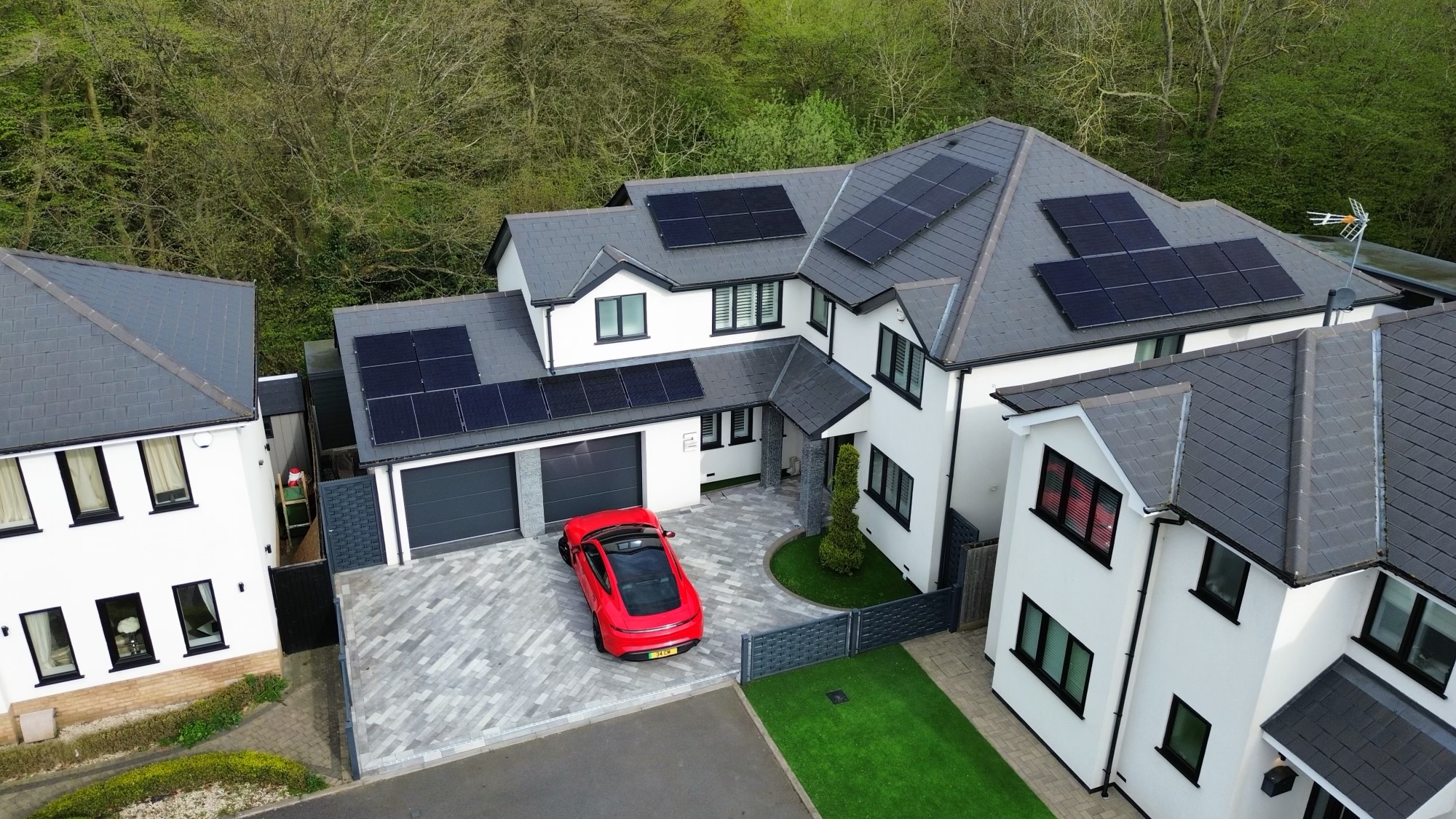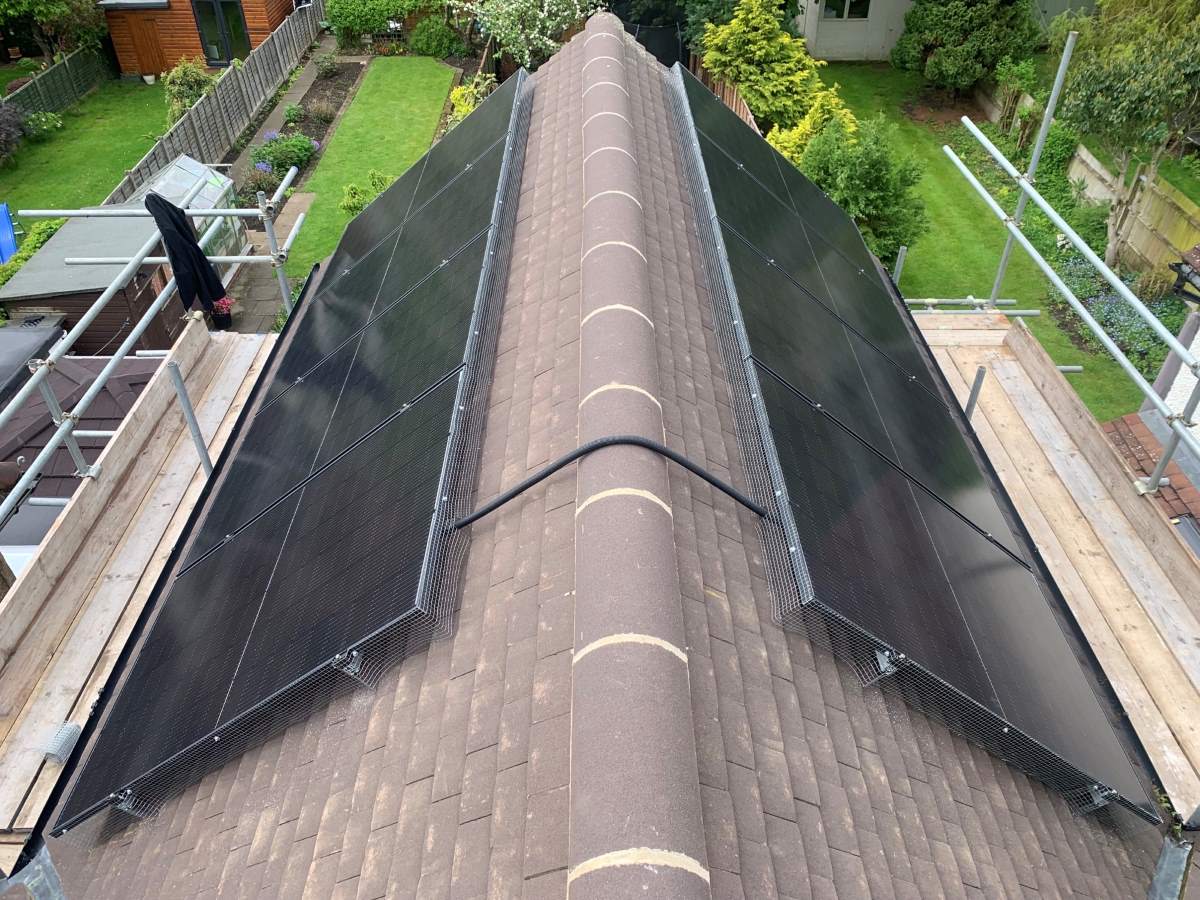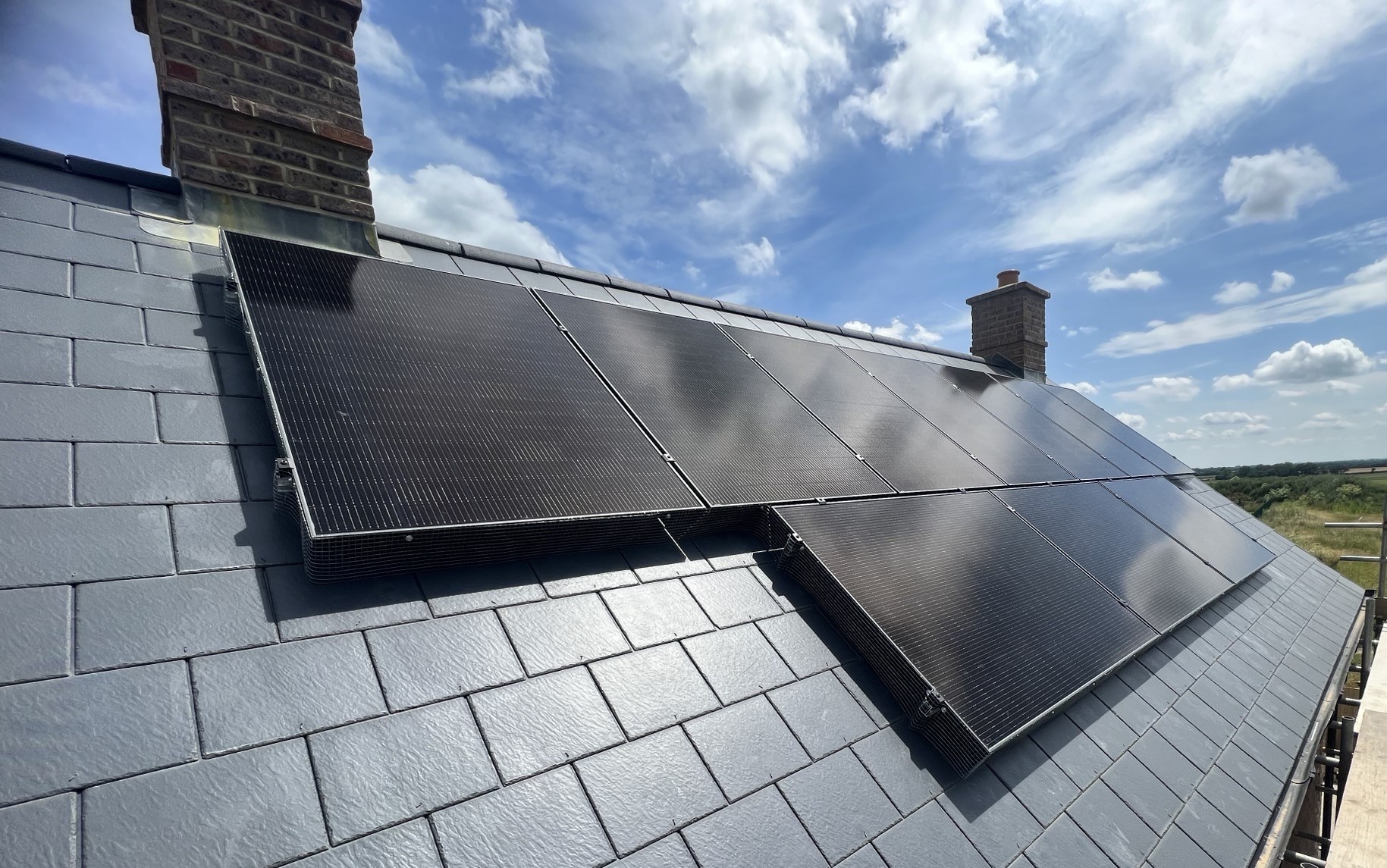Solar Panels In A Conservation Area
With the ever-increasing popularity of solar panels on homes in the UK, there can on occasion be a cause for concern if you want to install solar panels but your property is either a listed building or within a conversation area.
Conservation Areas
Conservation areas exist to protect areas of special architectural and/or historical importance. Conservation areas are typically more regulated by planning control to preserve the character and history of the area. Across England, there are around 10,000 conservation areas, with at least one conservation area in every local authority.
Conservation areas cover 2.2% of England, of which are made up of 59% being in rural areas, and 41% is in urban areas. Some counties have larger areas that are designated conservations areas, such as Wiltshire, which has 246 areas across the county.
Solar Panels on listed buildings
Listed buildings are typically subject to their own regulation, regardless of their location inside or outside a conservation area. Listed buildings cannot be demolished, extended or altered, which include the installation of solar panels, without permission from the local authority.
For more information on fitting solar panels in a conservation area get in touch with us on our live chat or using the form below.






